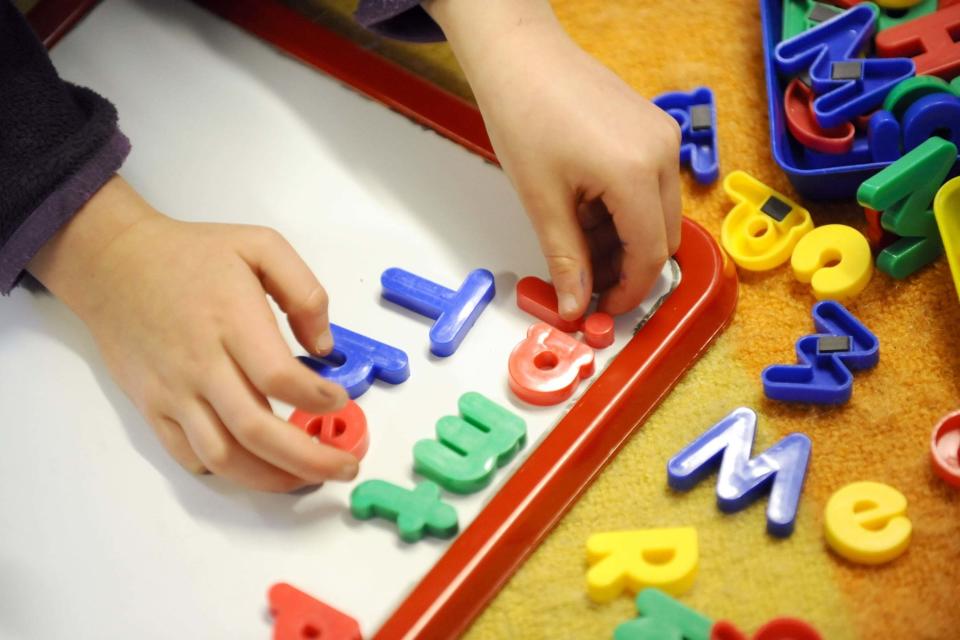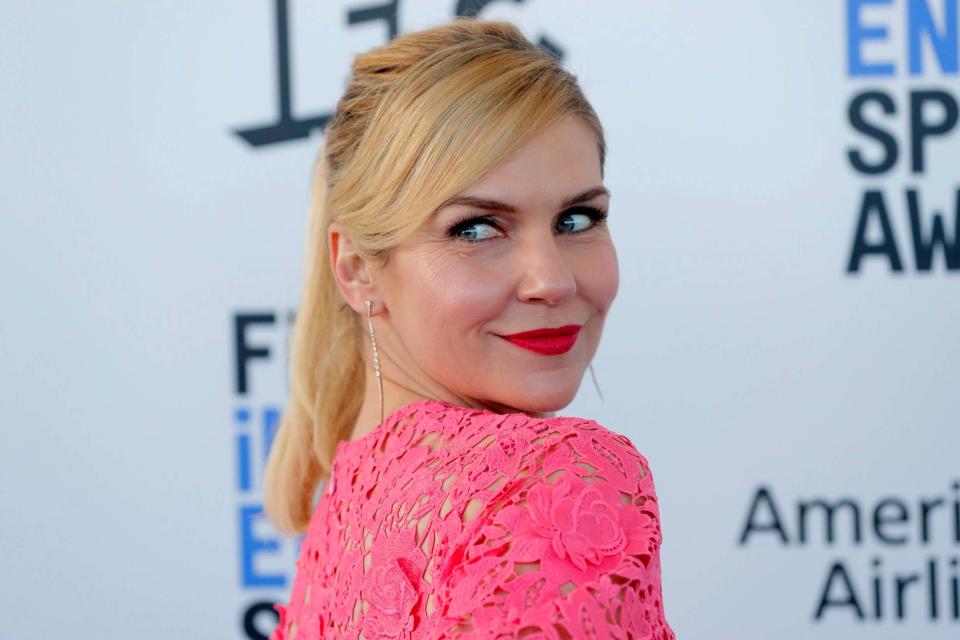Parenthood is an 18-year-long identity crisis and rising childcare costs are making it even harder

Even if you don’t have kids, you were one once. You might not be a parent, but perhaps you have some? Affordable, quality childcare isn’t a niche issue — it’s essential to the smooth functioning of our society, not to mention the propagation of our species. So why have childcare costs gone up once again this year, with London still the UK’s most expensive region?
According to a new report by children’s charity Coram, the average cost of 25 hours of nursery care for a child under two in London is now £165.47, or £182.56 in inner London. Many parents work more than 25 hours a week, too.
There’s partly a lack of political will to bring UK childcare up to date with the modern workforce. Successive governments have proposed solutions, but the reality is that we still see nurseries close due to funding problems, and childminders surviving on poverty wages. For parents it means a plate-juggling patchwork of half-days here, an after-school club there and a boss who is forever questioning your commitment.
Then there’s the form-filling. Claiming any entitlement to the various schemes — 15 hours? 30 hours for just 38 weeks? Tax-free childcare or workplace vouchers? — is a full-time job in itself. It’s migraine-inducing, even if you’ve got an English degree, a working internet connection and supportive, local grandparents. How does everyone else cope?

We hope this changes as more parents — and particularly mums — become MPs and CEOs. We forget that the lack of reliable, affordable childcare is a serious barrier to career progression.
Not that all the blame lies at the boardroom door. Perhaps it’s hard for “trad dads” to appreciate the urgency of the problem, when a) someone else is handling their day-to-day life admin and b) the wider impact of poor childcare provision is both hidden and delayed. Expect it to unfold in the divorce courts, therapy sessions and police interview rooms of 30 years hence, when our offspring speculate on how things might all have been so different.
These are the structural problems, but there’s also something more individual and emotionally wrought going on. Maybe sorting out childcare is complicated because our feelings about childcare are complicated too?
Our feelings on childcare are complicated. There’s an urge to be with your child but also to feel your old self again
A few new parents will shoot out the front door and back to work as soon as the stitches heal, and a few more will choose to care for their own children and — lucky them! — have the financial means to do so.
Most, though, are somewhere in the middle. If that sounds like a comfortably balanced position, it isn’t. It means being desperate — nay, biologically compelled — to spend every waking moment crib-side, gazing at your sleeping child while inhaling their sweet smell. And also, simultaneously, being desperate — nay economically compelled — to spend those same moments out in the world, feeling like your old, liberated, status-having self again.
Reconciling these two opposing urges is the work of a lifetime. Parenthood is an 18-year-long identity crisis. In the meantime, it would be nice if at least something about childcare in this city was easy.
Vegans need to give the rest of us a leg-up
Can a vitamin B12 deficiency also impair your reading comprehension? That might explain the plant-powered rage which greeted last week’s column. There was no arguing with the vegans in my mentions — mostly because we agree. Yes, veganism is the most sustainable lifestyle. Yes, vegan Londoners are spoilt for choice. Yes, the excuses of the non-vegan 98.84 per cent are a bit pathetic. And yes, I made these points last week. Just too subtly, apparently.
Some vegans are satisfied to sit atop the moral high-ground and look down on us cheese-eating chavs, but I think they should give us a leg-up. If the necessary food revolution is to take place, we need a united effort. Anyway, it was worth looking at a few dumb tweets to find the few generous-spirited tips mixed in. The guy from Allplants pointed to its meal delivery subscription service which, while too pricey to replace a week-night dinner for four, is my new Friday night “fakeaway” of choice.
Someone suggested I read Jonathan Safran Foer’s Eating Animals “and hang my head in shame”. I’ll do the first bit. Most usefully, I’ve been introduced to Oatly Barista, which does indeed make a decent tea. As to whether that’s a Tory-approved Yorkshire Tea bag in the pot? It’s probably wisest not to comment.
Better Call Kim

Kim Wexler, played by Rhea Seehorn, has perfect poise, perfect professionalism and the perfect ponytail. She’s the best thing about the best show on TV. But Breaking Bad prequel, Better Call Saul, started its fifth and penultimate season on Netflix this week, and as Kim is never so much as mentioned in Breaking Bad, her many fans are preparing to say goodbye. Based on precedent, the end, when it comes, will be tragic, gruesome and somewhat ironic... but not necessarily final. Perhaps she’s just off teaching at the big legal ethics seminar in the sky?

 Yahoo News
Yahoo News 
